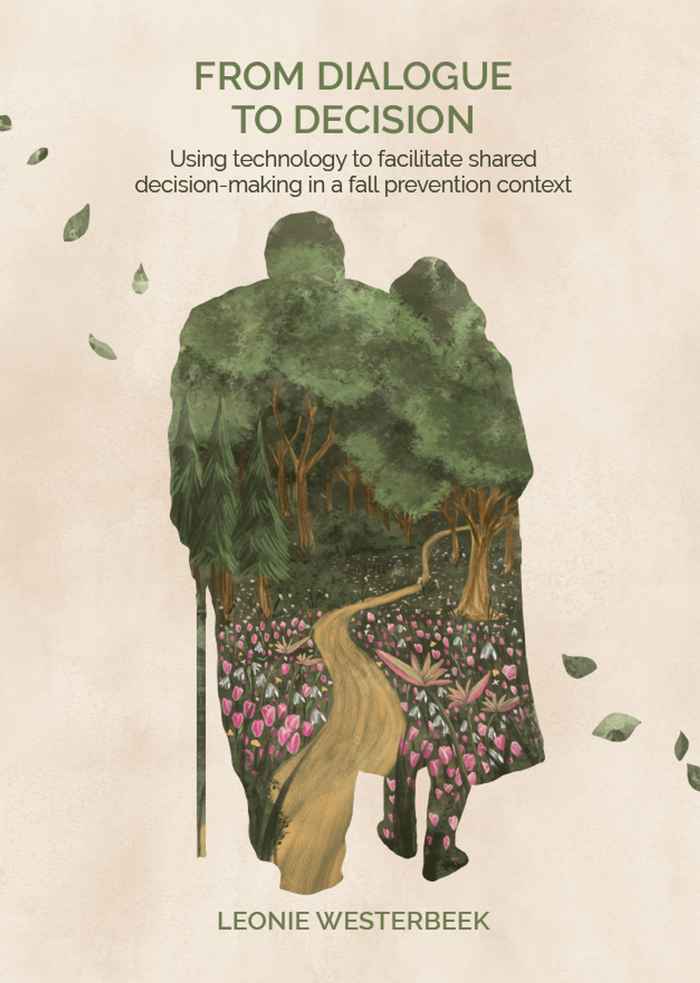AI as a fall-risk tool
21 January 2025
Research by Statistics Netherlands (CBS) shows that an average of 19 people die from a fall every day. The majority are over 65 and more than half live in healthcare institutions. The side effects of medication are the main cause of falls among this target group. The University of Amsterdam and Amsterdam UMC have been conducting a large-scale study for the past five years. Its object is to develop an intervention to reduce the medication-related fall risk of elderly patients.
Predictive model and patient portal
The intervention consists of two parts. The first part is a system for GPs that uses AI to predict the risk of an elderly patient falling in the next 12 months. The system then generates medical advice about changes to the patient's medication.
The second part of the intervention is a tool that patients can use to find information about falls and their associated risks in an online portal. The portal also includes a list of relevant questions and subjects that patients can fill in before their GP appointment.
Comprehensive fall-risk information in just one database
Leonie Westerbeek, postgraduate researcher at the UvA, developed and tested this support system. 'Elderly people often take multiple types of medication, prescribed by different doctors. Each medication has different side effects that could affect their fall risk. In this system, comprehensive information about medications that increase a patient’s fall risk has been brought together in just one database. It is linked to patients’ medical files, which contain all their medical data and the medication they are taking. The system generates personalised advice about a patient's fall risk, based on the medication the person is taking.'

If an intervention is a good fit with what patients want and need, they will actually benefit from it.Leonie Westerbeek
A happy patient and less choice uncertainty
Based on the system's advice, the GP and patient can make an informed choice together, e.g. a change in medication. Westerbeek is enthusiastic: 'The intervention improves patient satisfaction with GP consultations. Patients felt less uncertain about the medication and treatment chosen even after their consultations. The effects of the medication changes still need to be studied more closely, but initial results are hopeful.'
Real benefits for patients
What is the most important goal for the future? 'For GPs and patients to actually start to use the decision support system,' Westerbeek says. 'GPs are extremely busy, so a system like this has to be easy for them to use and be compatible with how they work. The same applies for patients too. If an intervention is a good fit with what they want and need, they will actually benefit from it.’
